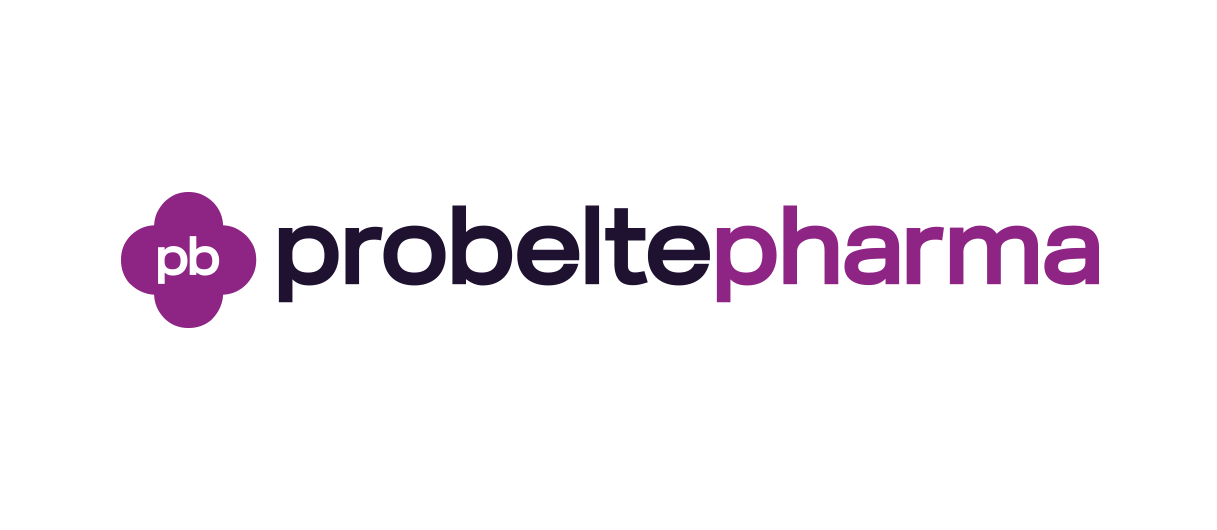Elastin is a connective tissue protein that provides elasticity to tissues (skin, ligaments, arteries, etc.) as its fibres are intertwined, meaning that it has a greater ability to expand without being deformed. In fact, interestingly, elastin fibres can stretch by up to 150% without breaking.
This protein is mostly composed of amino acids (valine, proline, glycine, lysine and alanine) and magnesium.
Elastin is found in the body but, due to ageing and other factors such as poor diet, dehydration and sun exposure, it is gradually lost and the first signs of dry skin, wrinkles, expression lines, etc. start to appear. Why does this happen and what function does it serve in the body?
What function does elastin perform?
Primarily, elastin helps to:
- Keep tissues firm and stable, by supporting the collagen fibres and holding them in place to ensure proper tissue function.
- Prevent stretch marks and combat the signs of ageing (wrinkles and lines) by giving the skin elasticity.
- Hydrate your hair and prevent it from splitting thanks to its elasticity and strength.
- Maintain cell adhesion and form biological tissue, which is essential for the proper function of your lungs, cartilage and blood vessels.

How does my body produce elastin?
Elastin is produced by an intracellular physiological process that leads to the production of protein fibres. But it can also be obtained from certain foods that promote its synthesis. Understanding this enables you to improve your diet and boost the health of your skin and connective tissues.
- Leafy green vegetables (spinach, lettuce, etc.).
- Soybeans.
- Foods rich in vitamin A like melons and carrots.
- Foods rich in zinc: brown rice, pork, eggs, dark chocolate.
- Foods rich in sulphur like asparagus, meat and eggs.
There are also food supplements that are rich in this protein, and that provide a supply of the protein and broad-based effects. There are other supplements, like Keriba Duo, whose ingredients promote the production of collagen and elastin, which tighten the skin and prevent the formation of wrinkles, and creams that contain elastin, whose effects are more localised.
In addition to these options, it is important to lead a healthy and active lifestyle and to avoid drinking alcohol and smoking, both of which contribute to ageing.
